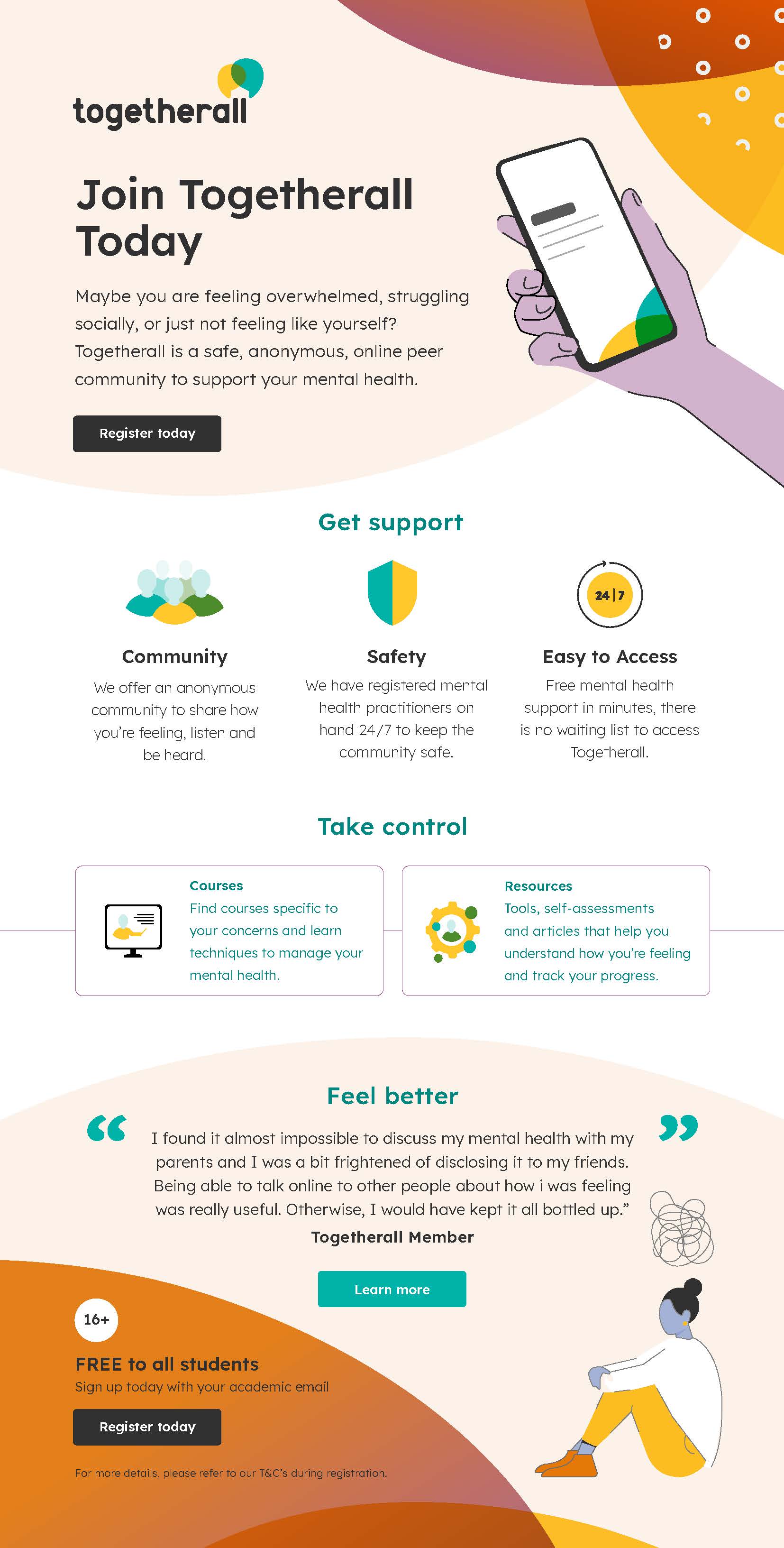Resources for Students
The Dean of Students Office is here to help support you with any personal circumstances that may upset your experience at MSUM. Contact us to schedule a one-on-one consultation about your success and what we can do to help you achieve your personal or educational goals. We manage student leaves and absences.
Navigating Student Absences & Leaves
Sometimes life happens and a student needs to be away from school, either a short period of time or an extended time. MSUM and the Dean of Students Office seek to support students during those times.
- Student Bereavement Leave Policy
Students who have lost a close family member can request up to 5 days of excused absence from school to be with family. - Student Absence Policy
Students may request excused absences through the Dean of Students Office for the following reasons:- Participation in recognized student organization activity;
- Short-term military requirements;
- Long-term illnesses or family or personal emergencies; or
- Jury Duty.
- Request for Student Leave
Mental Health Emergencies
- Counseling Services
- Crisis Hotlines & Emergency Resources
- Togetherall
We are all challenged on a daily basis to stay focused and be hopeful. We can meet these demanding aspects of life by taking steps to create positive mental health. Togetherall is a free resource you can use to support your mental health. - Returning to campus from a mental health emergency
Student Parent Navigator
MSUM encourages students who are pregnant and/or parenting to reach out to our Student Parent Navigators, a resource for individuals who may need assistance in meeting their and their family's basic needs. Navigators can help student-parents find support services both on campus and in the local community. Request assistance from a Student Parent Navigator.
Togetherall: Free Online Mental Health Support
We are all challenged on a daily basis to stay focused and be hopeful. We can meet these demanding aspects of life by taking steps to create positive mental health. Togetherall is a resource you can use to support your mental health.

